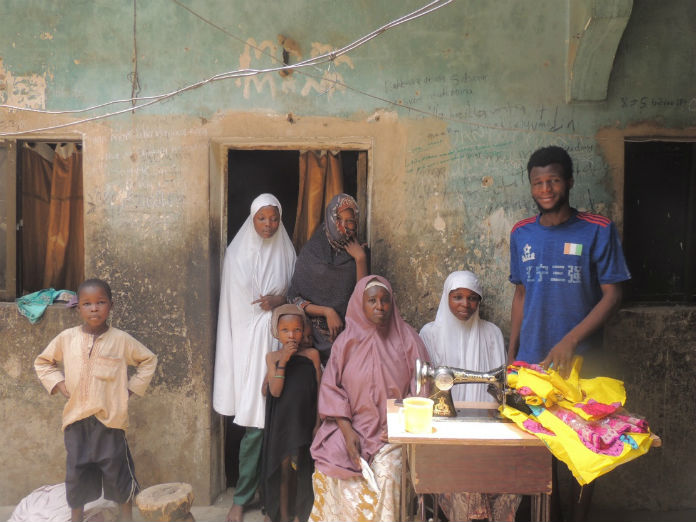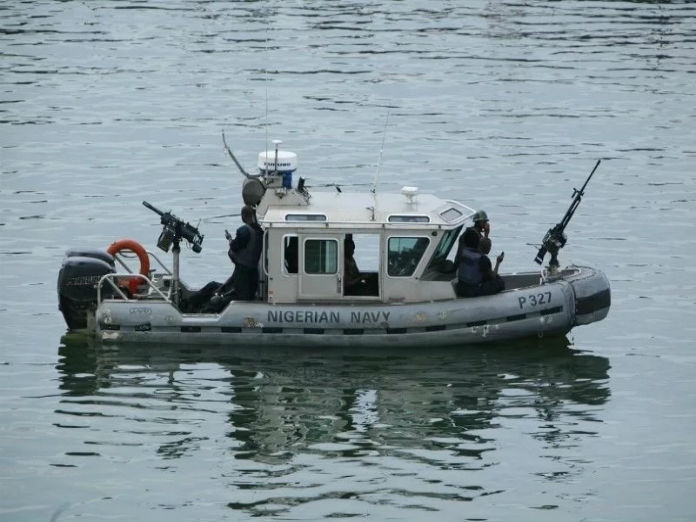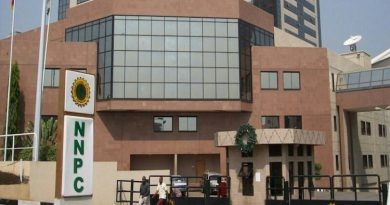TB challenge Project: I would not have lost my cousin if she had been diagnosed earlier -Talatu
By Habiba bello
Those who share their living space with people who have been diagnosed with tuberculosis (TB) have a much higher chance of catching the disease than the population in general, so not surprisingly checking all these people (known as ‘contact investigation’) is a way of finding more people who have TB.
In Nigeria, USAID’s Challenge TB project has trained over 338 healthcare workers, across 184 local government areas all of whom are now working as contact investigators and visiting the homes of every person who is diagnosed with TB. The investigators are taught how to identify people who may have the disease, and how to collect sputum samples that can be sent to testing centers to confirm the diagnosis.
Talatu Dalihu is one of these new contact investigators. She works in the Nasarawa area of Kano State and began her career as a health worker over fifteen years ago. She became interested in fighting TB when she lost a cousin to TB a couple of years ago.
“When I heard about the Challenge TB training, I knew that I had to participate, as I am sure I would not have lost my cousin if she had been diagnosed earlier”, Talatu Dalihu said.
Working as a contact investigator has become Talatu’s calling in life, she looks for every opportunity she can to find as many people with TB. In January 2018, she was at work in Kano General Hospital, when she met Sadiq Dan-Asabe. Sadiq has drug-resistant TB and had just been admitted to the hospital to start his treatment. Talatu seized the moment and introduced herself explaining who she was and why it was important that she visited his home to see if anyone living with him was also infected.
The very next day Talatu visited Sadiq’s family home and found ten people living there, precisely the sort of place where TB thrives, small living spaces, crammed full of people. TB bacteria become airborne when someone with the disease coughs and can remain in unventilated dark rooms for many hours, which puts everyone inside at high-risk of also becoming infected.
Sadiq was living with his two brothers and their wives, his sister Amina and her husband, and four children. Talatu gathered the family together and explained the reason for her visit, and although none of them said they were experiencing any TB symptoms, she still asked them to provide samples for testing because she wanted to be absolutely sure. The children were all put on isoniazid preventive treatment (IPT) to stop them from getting TB, and the samples were tested at a local laboratory using a GeneXpert machine purchased by USAID/Challenge TB.
When the test results came back, they showed that Sadiq’s sister Amina had TB and his two brothers Aliyu and Haruna had a form of TB that is drug-resistant. Talatu informed the family of these results and what it meant. Unlike their brother Sadiq, none of them had any obvious TB symptoms and did not even know they were sick. Thanks to Talatu’s visit all three have now started on the appropriate treatment and are progressing well.
This quick and easy action not only demonstrates how effective contact investigation is but also illustrates its importance. Without a fast diagnosis, his family would have had less chance of being treated successfully and would have continued to infect those around them, adding further to the epidemic of TB in Nigeria.
Contact investigation is just one method Challenge TB is employing to find people with TB who are being missed by routine health services. Nigeria has the seventh highest number of people with TB globally, and the second highest in Africa, this goes to show that there is a desperate need to do everything possible if there is to be any hope of reducing the numbers of people being infected and dying of this easily treatable disease.




